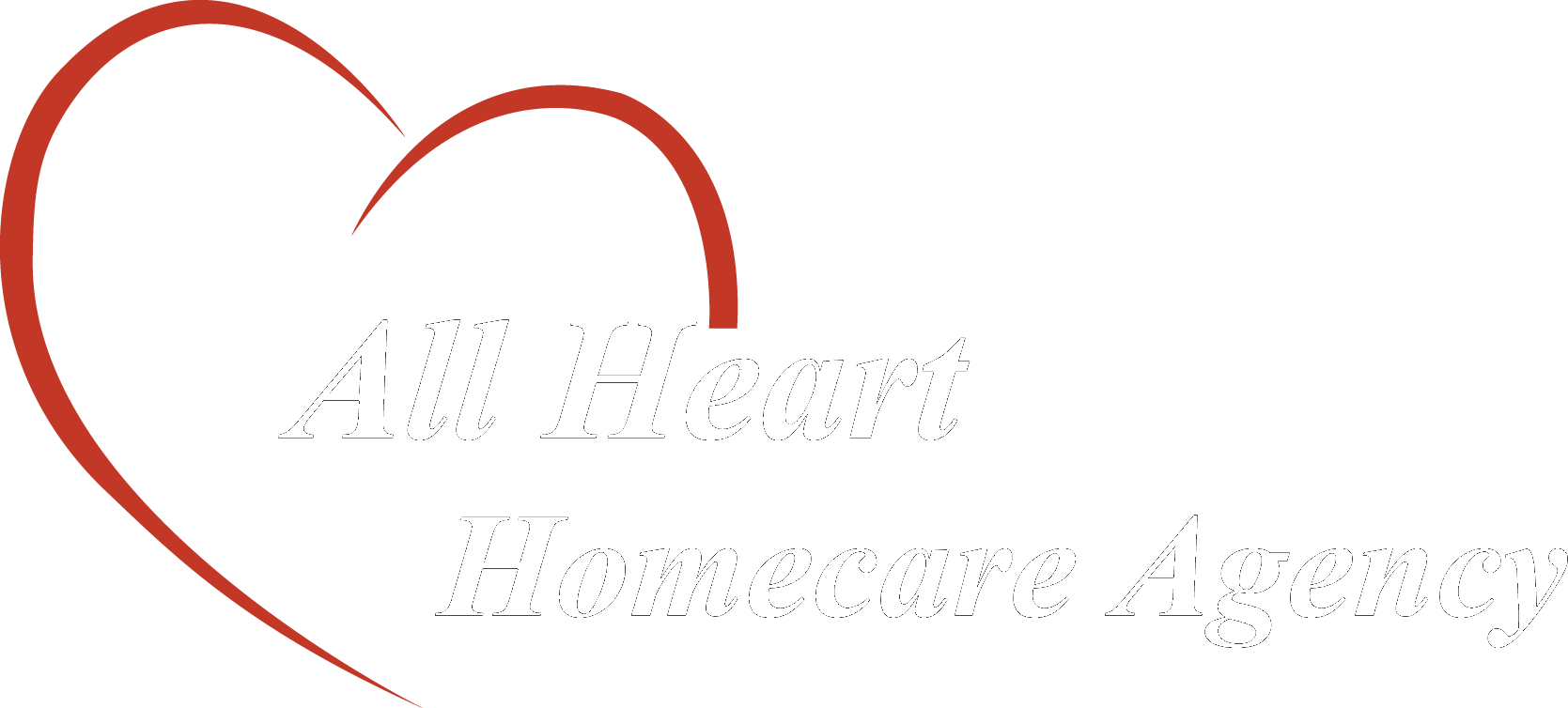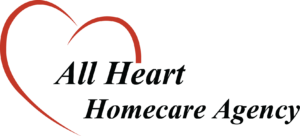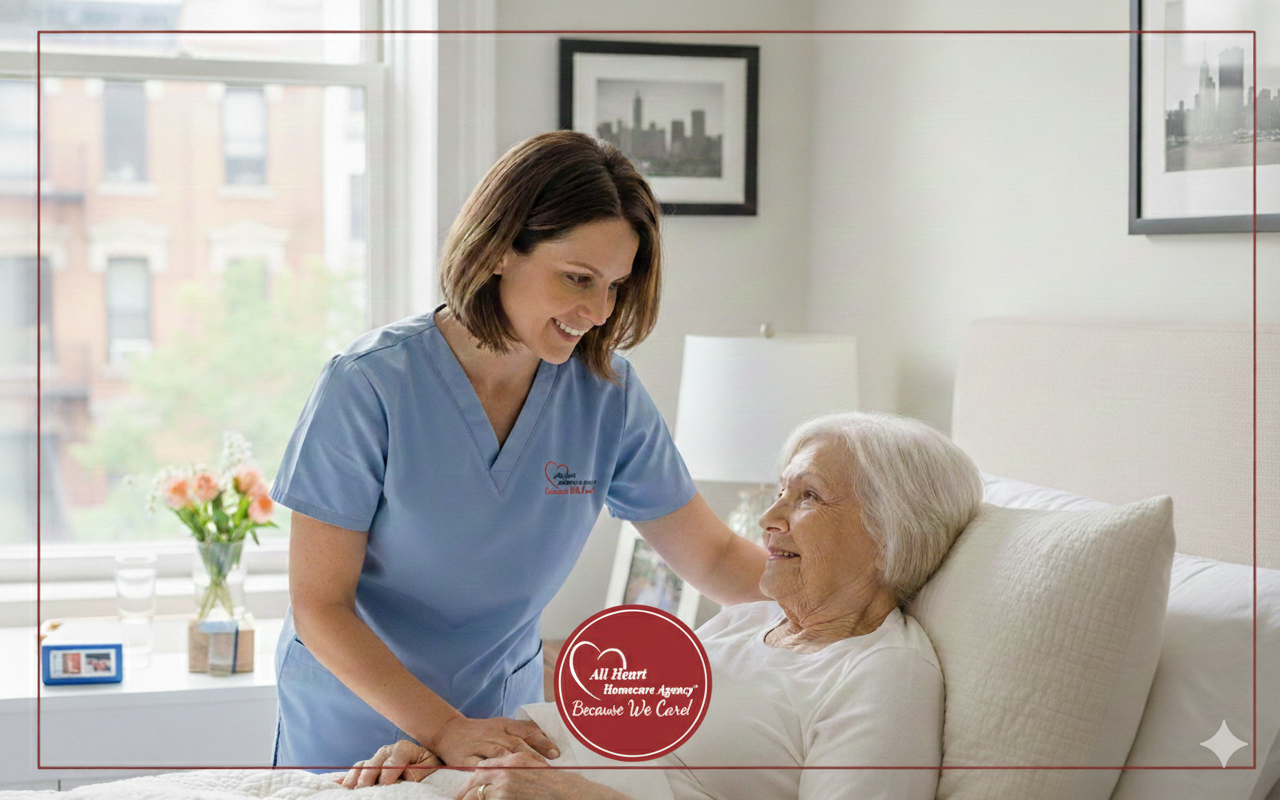When facing the need for home health care, families often find themselves at a crossroads: should they hire a private caregiver directly or work with a professional agency? This decision affects not just the quality of care your loved one receives, but also your peace of mind, budget, and daily routine. Understanding the differences between private home health care and agency-provided services is crucial for making the best choice for your unique situation.
This comprehensive guide will walk you through everything you need to know about both options, from cost considerations to quality assurance, helping you make an informed decision that puts your loved one’s well-being first.
Why This Comparison Matters in 2025
The home care industry has evolved significantly, offering families more choices than ever before. With an aging population and increased preference for aging in place, understanding your options has become essential. Both private home health care and agency care have their place in the healthcare landscape, but knowing which approach aligns with your family’s needs, budget, and comfort level can make all the difference in your caregiving journey.
Defining Your Care Options
What Is Private Home Health Care?
Private home health care involves hiring a caregiver directly, without going through an agency. In this arrangement, you become the employer, responsible for finding, screening, hiring, and managing your caregiver. This direct relationship often allows for more personalized matching and can create stronger bonds between the caregiver and your loved one.
What Is Agency-Provided Home Health Care?
Agency-provided home health care means working with a licensed home care organization that employs trained caregivers. The agency handles recruitment, screening, training, scheduling, and supervision of caregivers. You work with the agency to determine care needs, and they assign appropriate caregivers to provide services.
Key Differences at a Glance
The fundamental difference lies in who manages the caregiving relationship. With private care, you’re in direct control but also carry full responsibility. With agency care, you have professional support and oversight but may have less direct influence over specific caregiver selection.

Core Services and Care Models
Personal Care Services
Private and agency caregivers both offer essential personal care services like bathing, dressing, and mobility support. The quality of care often depends on the caregiver’s training and personality. With agencies, you’re assured the caregiver has the necessary skills and training.
Private Care Advantage: You can specifically seek out caregivers with experience in your loved one’s particular needs, whether that’s assistance with specific medical equipment or cultural preferences.
Agency Care Advantage: Agencies typically have established protocols and training programs that ensure consistent standards across all personal care services. There are agencies like All Heart Home care that, besides the protocols and training programs, apply an exhaustive screening to match not only the skills but also the language and personality
Medical and Clinical Support
When it comes to medication management and vital sign monitoring, the differences between private and agency care become more pronounced.
Private caregivers have varying levels of medical training, from basic first aid to advanced skills, depending on their experience. However, you’ll need to verify their qualifications yourself, as no standard process exists. Agency caregivers, on the other hand, usually complete standardized training, covering medical tasks, personal care, and ongoing education. This ensures more consistent care and professionalism when choosing an agency.
Specialized Care Offerings
For complex needs like post-surgery recovery, dementia care, or chronic disease management, both options can work, but the approach differs significantly.
Private caregivers who specialize in conditions like Alzheimer’s or stroke recovery can provide deeply personalized care. However, finding these specialists requires more research and vetting on your part.
Agencies often have caregivers trained in specific conditions and can match you with specialists. They may also have established relationships with healthcare providers and therapy services. Agencies like All Heart Homecare offer specialized services that ensure the skills and training for such requests.
Companion and Homemaking Services
Both private and agency caregivers typically provide essential services like companionship and light housekeeping, helping to ensure a safe and comfortable environment.
The main difference is consistency and support. Private caregivers offer a personal relationship but can be unavailable due to illness or other reasons. Agency caregivers provide backup support, ensuring seamless care if your regular caregiver is unavailable. Agencies like All Heart Homecare offer 24/7 support, giving patients and families peace of mind. This reliability often makes agencies the preferred choice for consistent care.
Qualifications, Training, and Oversight
Hiring Criteria for Private Caregivers
When hiring privately, you control the entire vetting process. This means conducting background checks, verifying references, confirming certifications, and assessing compatibility yourself. While this gives you complete control over who enters your home, it also places the full burden of due diligence on your shoulders.
Key steps include:
- Conducting thorough interviews
- Checking references from previous clients
- Verifying certifications and training
- Running background checks
- Confirming insurance coverage
Agency Recruitment, Screening, and Supervision
Professional agencies handle the complex process of caregiver recruitment and screening. Reputable agencies typically conduct comprehensive background checks, verify professional credentials, check references, and provide initial and ongoing training.
At All Heart Care, our thorough screening process ensures that every caregiver meets our high standards for professionalism, compassion, and competence. We believe that quality care starts with quality people, which is why we invest heavily in finding and developing outstanding caregivers.
Ongoing Training and Quality Assurance
Private caregivers may pursue continuing education independently, but there’s no systematic approach to ensure ongoing skill development. You’re responsible for communicating care updates and ensuring your caregiver stays current with best practices.
Agency caregivers typically receive regular training updates, performance evaluations, and supervision. This systematic approach helps maintain consistent care quality and ensures caregivers stay informed about new techniques and protocols.
Cost and Payment Structures
Private Care Pricing Models
Private home health care typically offers more flexible pricing structures. You might arrange hourly rates, daily rates, or even live-in arrangements with negotiated compensation. This flexibility can sometimes result in cost savings, especially for extensive care needs.
However, remember that as an employer, you may be responsible for payroll taxes, workers’ compensation insurance, and other employment-related costs that can add 20-30% to the base wage.
Agency Billing
Agency billing tends to be more straightforward but potentially higher per hour. Agencies typically charge hourly rates that include their overhead, caregiver wages, insurance, and profit margins. They may also have minimum shift requirements or cancellation policies that affect overall costs. In some cases, agencies like All Heart Homecare offer tailored plans to ensure that the care plan can be affordable and suits your needs.
Insurance, Medicare, and Medicaid Coverage
This is where agency care often has a significant advantage. Many agencies are licensed to accept Medicare, Medicaid, or private insurance payments, while private caregivers typically require out-of-pocket payment.
For families relying on insurance coverage, working with an agency may be the only viable option. Some agencies, like All Heart Homecare, work with various insurance programs and can help navigate coverage options to make quality care more affordable.
Hidden Fees and Cancellation Policies
Private care arrangements may seem straightforward, but consider potential costs like backup care when your caregiver is sick, additional compensation for holidays, or expenses for specialized equipment.
Agencies may have service fees, minimum billing requirements, or cancellation policies. However, these are typically outlined clearly in contracts, making financial planning more predictable.

Weighing the Pros and Cons
Benefits of Private Home Health Care
Personalized Matching: You have complete control over selecting a caregiver who matches your loved one’s personality, cultural background, and specific needs.
Flexibility: Schedule changes, care modifications, and special requests can often be accommodated more easily in private arrangements.
Potential Cost Savings: Direct payment to caregivers can sometimes be less expensive than agency rates, especially for extensive care needs.
Stronger Personal Relationships: The direct relationship between your family and the caregiver can foster deeper connections and more intuitive care.
Drawbacks of Private Care
Limited Backup Support: When your caregiver is sick or unavailable, you’re responsible for finding replacement care, which can be stressful and disruptive.
Less Formal Oversight: Without agency supervision, monitoring care quality and addressing concerns falls entirely on your family.
Employment Responsibilities: Managing payroll, taxes, insurance, and legal compliance can be complex and time-consuming.
Higher Risk: Without professional screening and ongoing oversight, there may be increased risks related to caregiver reliability and quality.
Benefits of Agency Care
Professional Supervision: Regular check-ins, performance monitoring, and quality assurance provide peace of mind and consistent care standards.
Reliability and Backup: Agencies typically provide replacement caregivers when your regular caregiver is unavailable, ensuring continuity of care.
Liability Coverage: Professional agencies carry insurance and bonding that protects both clients and caregivers.
Simplified Administration: The agency handles payroll, taxes, insurance, and other administrative tasks, reducing your burden.
Drawbacks of Agency Care
Potentially Higher Costs: Agency overhead and profit margins typically result in higher hourly rates compared to private arrangements.
Less Caregiver Consistency: Agencies may rotate caregivers or assign different caregivers for different shifts, which can be disruptive for clients who thrive on routine.
Reduced Control: While you can provide input on caregiver selection, you may have less direct control over who provides care.
How to Decide: Key Considerations
Care Needs and Complexity
For basic companion care and light assistance, both options can work well. However, as care needs become more complex—involving medical equipment, medication management, or specialized conditions like dementia—agency care often provides more comprehensive support and professional oversight.
Budget and Payment Preferences
If you’re paying privately and cost is a primary concern, private care might offer savings. However, if you’re hoping to use insurance coverage, agency care is likely your only option. Consider the total cost of care, including backup arrangements and employment-related expenses for private care.
Desired Level of Flexibility and Continuity
Private care typically offers more flexibility in scheduling and care approaches, while agency care provides better continuity when your regular caregiver is unavailable. Consider what matters more for your family’s situation.
Risk Tolerance and Quality Assurance
If professional oversight and systematic quality assurance are important to you, agency care provides more structured protection. If you’re comfortable managing these aspects yourself and want maximum control, private care might be preferable.
Family Involvement and Communication
Consider your family’s capacity for managing a caregiving relationship. Private care requires more hands-on management, while agencies provide professional support and guidance throughout the care relationship.
Questions to Ask Prospective Providers
For Both Private and Agency Providers
Availability and Scheduling: What hours are available? How flexible are scheduling changes? What happens during holidays or emergencies?
Training and Certifications: What specific training has the caregiver received? Are certifications current? What ongoing education is provided?
Communication: How will you receive updates about your loved one’s care? What’s the process for addressing concerns or requesting changes?
Background and References: Can you provide recent references from other families? Have you undergone background checks? Do you carry insurance?
Additional Questions for Agencies
Caregiver Assignment: How do you match caregivers with clients? Can we meet potential caregivers before starting service? What if the match isn’t working?
Supervision and Support: How often do supervisors check in? What’s the process for addressing care concerns? How do you ensure quality standards?
Backup Coverage: What happens when our regular caregiver is unavailable? How quickly can you provide replacement care?
Conclusion & Next Steps
Caring for a loved one involves making critical decisions, and choosing the right home care agency is one of the most important. By asking the right questions, you can ensure your loved one receives the best possible care. Key takeaways include understanding the agency’s approach to caregiver assignments, quality standards, and backup coverage to avoid disruptions in care.
At All Heart Care, we pride ourselves on offering highly personalized and flexible care plans tailored to meet the unique needs of every family we serve. Unlike all agencies, we go the extra mile to provide cost-effective, private service options that do not compromise on quality, allowing you to find a solution that fits your budget and caregiving goals.Taking the first step is easy. Contact us today to schedule your free consultation with All Heart Care. Our team is ready to listen, understand your needs, and provide expert guidance on how we can support you and your loved ones. Call or visit our website to start the journey toward compassionate, reliable care that your family deserves.












